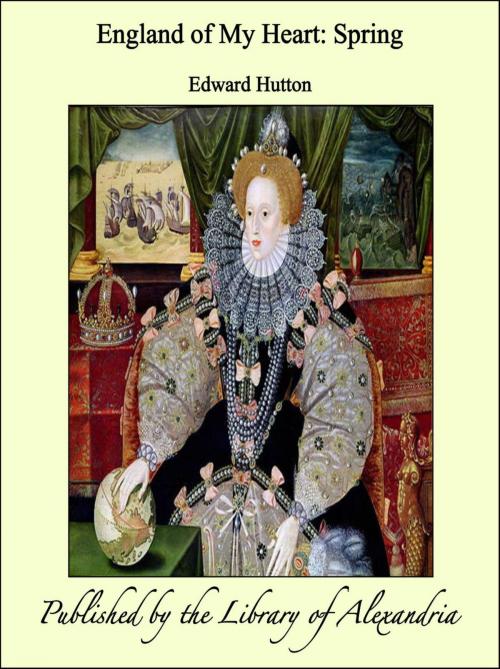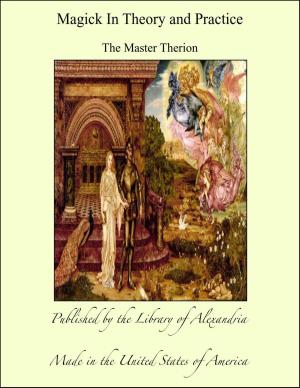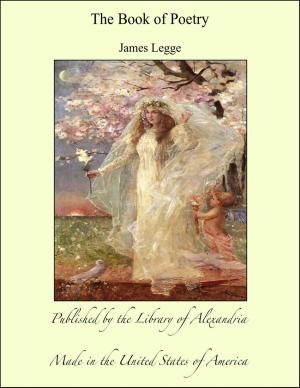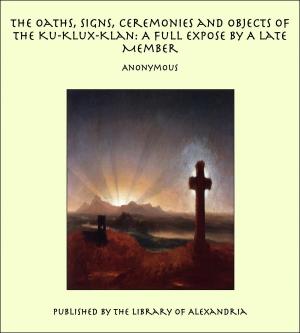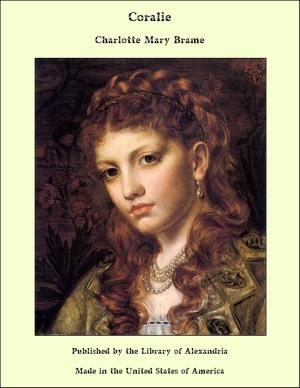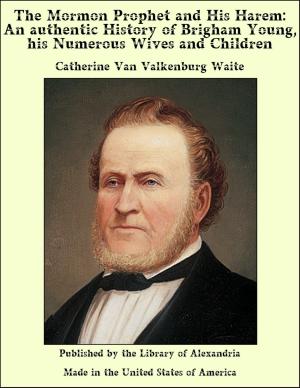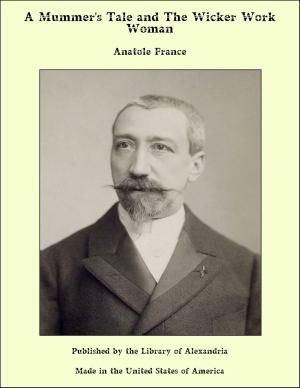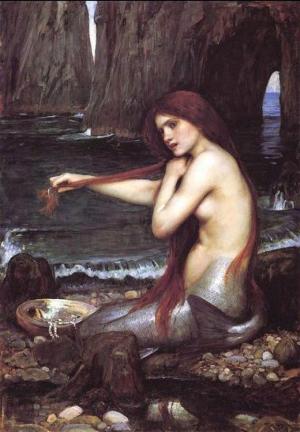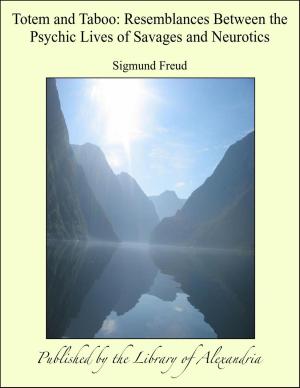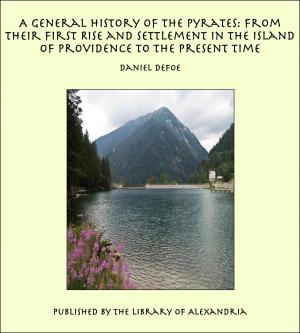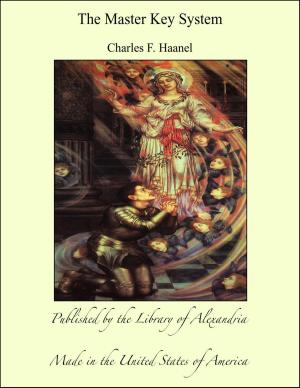England of My Heart: Spring
Nonfiction, Religion & Spirituality, New Age, History, Fiction & Literature| Author: | Edward Hutton | ISBN: | 9781465562548 |
| Publisher: | Library of Alexandria | Publication: | July 29, 2009 |
| Imprint: | Library of Alexandria | Language: | English |
| Author: | Edward Hutton |
| ISBN: | 9781465562548 |
| Publisher: | Library of Alexandria |
| Publication: | July 29, 2009 |
| Imprint: | Library of Alexandria |
| Language: | English |
England of my heart is a great country of hill and valley, moorland and marsh, full of woodlands, meadows, and all manner of flowers, and everywhere set with steadings and dear homesteads, old farms and old churches of grey stone or flint, and peopled by the kindest and quietest people in the world. To the south, the east, and the west it lies in the arms of its own seas, and to the north it is held too by water, the waters, fresh and clear, of the two rivers as famous as lovely, Thames and Severn, of which poets are most wont to sing, as Spenser when he invokes the first: "Sweete Themmes runne softly till I end my song"; or Dryden when he tells us of the second: "The goodly Severn bravely sings The noblest of her British kings, At Caesar's landing what we were, And of the Roman conquest here...." Within England of my heart, in the whole breadth of her delight, there is no industrial city such as infests, ruins, and spoils other lands, and in this she resembles her great and dear mother Italy. Like her, too, she is full of very famous towns scarcely to be matched for beauty and ancientness in the rest of the world, and their names which are like the words of a great poet, and which it is a pleasure to me to recite, are Canterbury, Chichester, Winchester, Salisbury, Bath, Wells, Exeter, and her ports, whose names are as household words, even in Barbary, are Dover, Portsmouth, Plymouth, Falmouth, and Bristol. All these she may well boast of, for what other land can match them quite? But there is a certain virtue of hers of which she is perhaps unaware, that is nevertheless among her greatest delights: I mean her infinite variety. Thus she is a true country, not a province; indeed, she is made up of many counties and provinces, and each is utterly different from other, and their different genius may be caught by the attentive in their names, which are Kent, Sussex, Hampshire, Wiltshire, Dorset, Somerset, Devon, Cornwall, Gloucestershire, Oxfordshire, and Berkshire. Her variety thus lies in them and their dear, and let us hope, immortal differences and characteristics, their genius that is, which is as various as their scenery. For England of my heart not only differs fundamentally from every other country of the known world, but from itself in its different parts, and that radically. Thus in one part you have ranges of chalk-hills, such as no other land knows, so regular, continuous, and tremendous withal, that you might think some army of archangels—and such might well abide there—had thrown them up as their vast and beautiful fortifications, being good Romans and believing in the value of such things, and not as the heathen despising them. These chalk downs are covered, as indeed becomes things so old, with turf, the smoothest, softest, and sweetest under the sun
England of my heart is a great country of hill and valley, moorland and marsh, full of woodlands, meadows, and all manner of flowers, and everywhere set with steadings and dear homesteads, old farms and old churches of grey stone or flint, and peopled by the kindest and quietest people in the world. To the south, the east, and the west it lies in the arms of its own seas, and to the north it is held too by water, the waters, fresh and clear, of the two rivers as famous as lovely, Thames and Severn, of which poets are most wont to sing, as Spenser when he invokes the first: "Sweete Themmes runne softly till I end my song"; or Dryden when he tells us of the second: "The goodly Severn bravely sings The noblest of her British kings, At Caesar's landing what we were, And of the Roman conquest here...." Within England of my heart, in the whole breadth of her delight, there is no industrial city such as infests, ruins, and spoils other lands, and in this she resembles her great and dear mother Italy. Like her, too, she is full of very famous towns scarcely to be matched for beauty and ancientness in the rest of the world, and their names which are like the words of a great poet, and which it is a pleasure to me to recite, are Canterbury, Chichester, Winchester, Salisbury, Bath, Wells, Exeter, and her ports, whose names are as household words, even in Barbary, are Dover, Portsmouth, Plymouth, Falmouth, and Bristol. All these she may well boast of, for what other land can match them quite? But there is a certain virtue of hers of which she is perhaps unaware, that is nevertheless among her greatest delights: I mean her infinite variety. Thus she is a true country, not a province; indeed, she is made up of many counties and provinces, and each is utterly different from other, and their different genius may be caught by the attentive in their names, which are Kent, Sussex, Hampshire, Wiltshire, Dorset, Somerset, Devon, Cornwall, Gloucestershire, Oxfordshire, and Berkshire. Her variety thus lies in them and their dear, and let us hope, immortal differences and characteristics, their genius that is, which is as various as their scenery. For England of my heart not only differs fundamentally from every other country of the known world, but from itself in its different parts, and that radically. Thus in one part you have ranges of chalk-hills, such as no other land knows, so regular, continuous, and tremendous withal, that you might think some army of archangels—and such might well abide there—had thrown them up as their vast and beautiful fortifications, being good Romans and believing in the value of such things, and not as the heathen despising them. These chalk downs are covered, as indeed becomes things so old, with turf, the smoothest, softest, and sweetest under the sun
